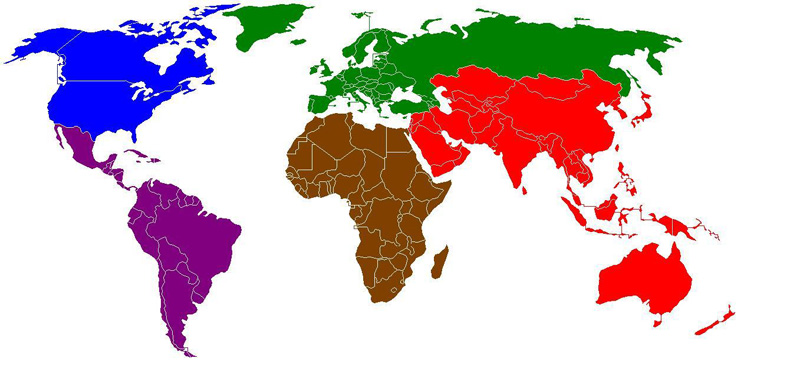Difference between revisions of "Global Anabaptist Wiki"
Harms.Matt (talk | contribs) |
Harms.Matt (talk | contribs) |
||
| Line 25: | Line 25: | ||
<div style="margin:0;background:#F0F8FF;font-family:sans-serif;font-size:120%;font-weight:bold;border:1px solid #ccc;text-align:left;color:#000;padding-left:0.2em;padding-top: 0.2em;padding-bottom:0.2em;padding-right: 0.0em">The Global Anabaptist Church</div> | <div style="margin:0;background:#F0F8FF;font-family:sans-serif;font-size:120%;font-weight:bold;border:1px solid #ccc;text-align:left;color:#000;padding-left:0.2em;padding-top: 0.2em;padding-bottom:0.2em;padding-right: 0.0em">The Global Anabaptist Church</div> | ||
| − | The Anabaptist-Mennonite tradition traces its beginnings to the Radical Reformation in the sixteenth century. The early Anabaptists were deeply indebted to both Catholic and Protestant understandings of faith, but they differed with these groups in their emphasis on adult baptism, an ethic of love in all human relations (including enemies), and a view of the church as a community of equal members committed to being disciples of Christ together. In the centuries that followed, the Anabaptist movement took root primarily in Europe, Russia and North America, with its main groups identified as the Mennonites, Hutterites and Amish. During the twentieth century, however, the Anabaptist movement has become a global reality. Today the majority of the 1.5 million Anabaptist-Mennonites live in southern hemisphere, with active congregations in at least 75 different countries. | + | The Anabaptist-Mennonite tradition traces its beginnings to the Radical Reformation in the sixteenth century. The early Anabaptists were deeply indebted to both Catholic and Protestant understandings of faith, but they differed with these groups in their emphasis on adult baptism, an ethic of love in all human relations (including enemies), and a view of the church as a community of equal members committed to being disciples of Christ together. In the centuries that followed, the Anabaptist movement took root primarily in Europe, Russia and North America, with its main groups identified as the Mennonites, Hutterites and Amish. During the twentieth century, however, the Anabaptist movement has become a global reality. Today (2009) the majority of the 1.5 million Anabaptist-Mennonites live in southern hemisphere, with active congregations in at least 75 different countries. |
<center><imagemap> | <center><imagemap> | ||
Revision as of 16:23, 1 July 2009
|
|
The Global Anabaptist Church
The Anabaptist-Mennonite tradition traces its beginnings to the Radical Reformation in the sixteenth century. The early Anabaptists were deeply indebted to both Catholic and Protestant understandings of faith, but they differed with these groups in their emphasis on adult baptism, an ethic of love in all human relations (including enemies), and a view of the church as a community of equal members committed to being disciples of Christ together. In the centuries that followed, the Anabaptist movement took root primarily in Europe, Russia and North America, with its main groups identified as the Mennonites, Hutterites and Amish. During the twentieth century, however, the Anabaptist movement has become a global reality. Today (2009) the majority of the 1.5 million Anabaptist-Mennonites live in southern hemisphere, with active congregations in at least 75 different countries.  |
Branches of the Anabaptist Family.
For more information about how to add or edit information, please visit the FAQ page.
1,145 articles since May 2009.
Featured Video
What is Mennonite World Conference?
Mennonite World Conference (MWC) is a global faith community in the Anabaptist tradition that links together Anabaptist-related churches and engages other world communions and organizations. Every six to seven years Mennonite and Brethren in Christ conferences and groups gather for a general assembly.
In 2006 MWC included 217 organized Mennonite or Brethren in Christ conferences across 75 countries and six continents. Membership stood at 1,478,540, with 60% of members living in Africa, Asia, or Latin America.
<mainpage-endcolumn />
MediaWiki has been successfully installed.
Consult the User's Guide for information on using the wiki software.